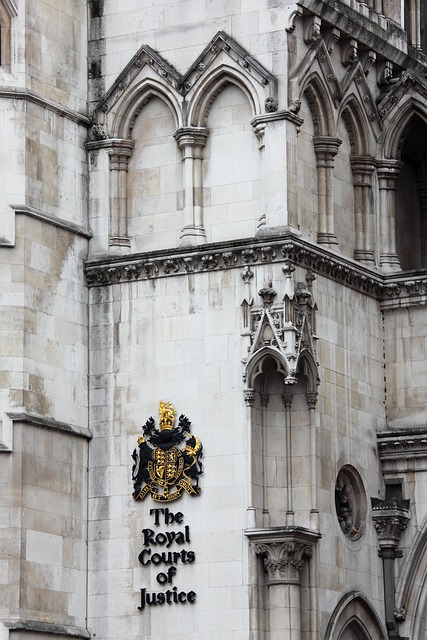Probate law in Oregon is a critical process for managing and distributing deceased individuals' assets, ensuring fairness, protecting beneficiaries, and maintaining transparency. Key actors include the decedent, beneficiaries, and personal representative (executor), who manages the estate, collects assets, pays debts, and distributes property under state laws. The process begins with a petition to validate the will and appoint an executor, followed by court approval and letters testamentary. This intricate system is especially vital in cases with multiple beneficiaries or substantial assets, offering guidelines and protections under Oregon probate law.
- Understanding Probate Law in Oregon: A Basic Guide
- Who's Involved and What Are Their Roles?
- The Process: From Petition to Distribution of Assets
Understanding Probate Law in Oregon: A Basic Guide

Who's Involved and What Are Their Roles?

When navigating Oregon probate law, several key players are involved in the process. These include the decedent (the person who has passed away), their beneficiaries (those who stand to inherit property under the will or according to state laws of intestacy), and the personal representative (often referred to as an executor if appointed in a will). The personal representative is responsible for managing the estate, collecting assets, paying debts and taxes, and distributing remaining property to beneficiaries. They play a crucial role in ensuring that probate proceedings are handled fairly and efficiently under Oregon’s probate laws.
Beneficiaries have a vested interest in the outcome of probate. They expect their inheritance as outlined in the will or as provided by Oregon’s intestacy laws. It’s essential for them to understand their rights and responsibilities during this time, especially if they need to provide information or take specific actions to facilitate the distribution of assets. Communication and clarity among all parties are vital for a smooth probate process under Oregon law.
The Process: From Petition to Distribution of Assets

The process of navigating Oregon probate law can seem daunting, but it’s designed to ensure that a deceased person’s wishes are carried out and their assets distributed fairly. It begins with a petition—a legal document filed in court by a qualified individual (often a family member or trusted friend) asking the court to validate the will and appoint an executor. Once the petition is approved, the court grants letters testamentary, officially naming the executor and authorizing them to manage the estate.
The executor’s role involves identifying and gathering all of the deceased person’s assets, paying outstanding debts and taxes, and ultimately distributing the remaining assets according to the terms of the will. This process can be complex, especially in cases where there are multiple beneficiaries or significant assets at stake. Oregon probate law provides guidelines and protections throughout this journey, ensuring that everyone involved is treated fairly and that the wishes of the deceased are respected.
